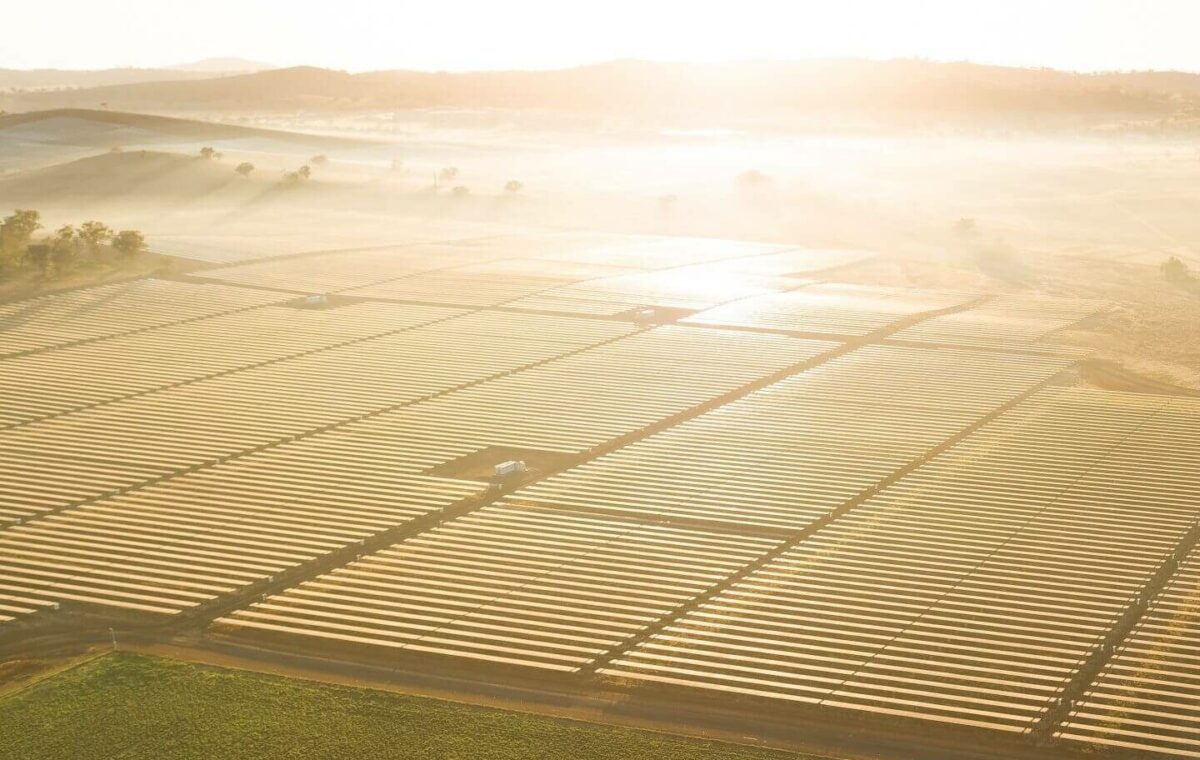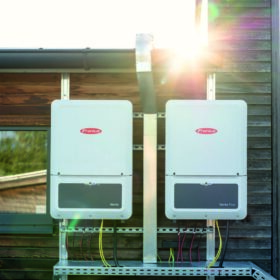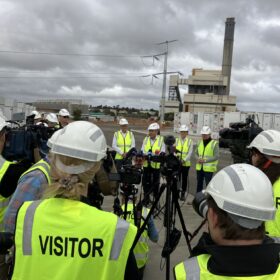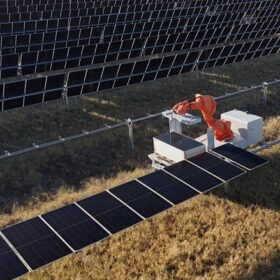The energy transition poses new challenges to regional and rural communities across the globe. In the United Kingdom (UK) for example, regional coastal communities will be asked to accept the largest change in their local landscapes for centuries.
Wind turbines will be popping up across the hills of local farmers and solar farms adding to the patchwork between traditional British hedgerows.
These big changes for communities at the edges are set to power the cities and towns of Britain by 2030. The world around us is changing rapidly. The speed of change however is not evenly distributed.
Our rural and regional environments change at a slower pace, as agricultural practice and social traditions are drawn from family and the local community.
Historically the resistance to change protects the local community, as regional communities are reliant on their local ecosystems to survive across droughts and rainy seasons, and across generations.
The energy transition will bring more change in the next decade than over the last century combined, and in the bush or the countryside the landscape is set to change as solar and wind replaces coal and gas.
This transition from molecules to electrons in our rural regional communities will be pronounced. Clean energy power stations will need to be deployed at speed and scale however Ari Matusiak, from Rewiring America says the key to success is “deployment at a rate of trust.”
In Australia the energy transition will transform the Outback and impact rural and regional communities across every local government area. The theory behind powering our homes and businesses with clean energy is that it’s cheaper and low cost carbon free electricity will benefit the entire community.
The reality, just like change is not evenly distributed, people living in regional communities will be impacted differently, as solar and wind farms will touch almost everyone.
Public sentiment is mercurial and can change instantly. Supportive social licence is fragile and can evaporate after years and years of hard work done on the ground.
Social Value Act into force in 2013
As social licence suggests, it’s a licence by the community to be given or taken away. The UK has led the way in social value, bringing the Social Value Act into force in 2013. The Act requires people who commission public services to think about how they can also secure wider social, economic and environmental benefits.
This shift to social value framing has supported community engagement by renewable energy developers in the UK to use social value in their communications with local communities. This simple change allows all stakeholders to explore where the value is for each participant, over a licence which may or may not be taken away from within or outside the community.
The fine social balance in regional communities can’t be understated. Michael Katz from Australian renewable energy land end-to-end marketplace RELA shares a story from a landowner who is considering hosting a wind farm on his property.
The farmer was clear about his determination to ensure his local community was fairly rewarded too: “When I go to the pub on a Friday night I’m not drinking alone,” the farmer said.
The fabric of trust is important in all communities. When benefits flow into communities the question for the locals is how will they be shared. Social licence is at risk if expectations are not met early.
Seen from the other perspective, as the energy transition is just getting started there’s still an opportunity to build on existing social value. If communities are given a simple transparent framework for the sharing of benefits regional committees can rally to support projects rather than fight against them.
From canvasing community leaders and project consultants across the UK and Australia the requests have been consistent in asking for free clean energy from the solar or wind farms.
Using daily smart meter daily feeds from households, businesses and local council buildings energy matching software can unlock the value of the many-to-many matching complexity, at extremely low cost. Software eats everything, traditional power purchase agreements (PPAs) are no different.
If we don’t address social licence early there’s a risk the permission all stakeholders are seeking will be taken away. Once the ‘licence’ is gone it will take longer and be far more expensive to reinstate. If we’re transparent at the start, offer fair value to as many community members as possible, we’ll have the opportunity to change the narrative to social value.
The shift from licence to value may seem trivial but it’s not, one is transactional and the other opens up a conversation on how benefits can be shared over time, and not taken away on a whim.
Author: Grant McDowell, Co-founder and Head of Strategy at enosi.energy
The views and opinions expressed in this article are the author’s own, and do not necessarily reflect those held by pv magazine.
This content is protected by copyright and may not be reused. If you want to cooperate with us and would like to reuse some of our content, please contact: editors@pv-magazine.com.








By submitting this form you agree to pv magazine using your data for the purposes of publishing your comment.
Your personal data will only be disclosed or otherwise transmitted to third parties for the purposes of spam filtering or if this is necessary for technical maintenance of the website. Any other transfer to third parties will not take place unless this is justified on the basis of applicable data protection regulations or if pv magazine is legally obliged to do so.
You may revoke this consent at any time with effect for the future, in which case your personal data will be deleted immediately. Otherwise, your data will be deleted if pv magazine has processed your request or the purpose of data storage is fulfilled.
Further information on data privacy can be found in our Data Protection Policy.